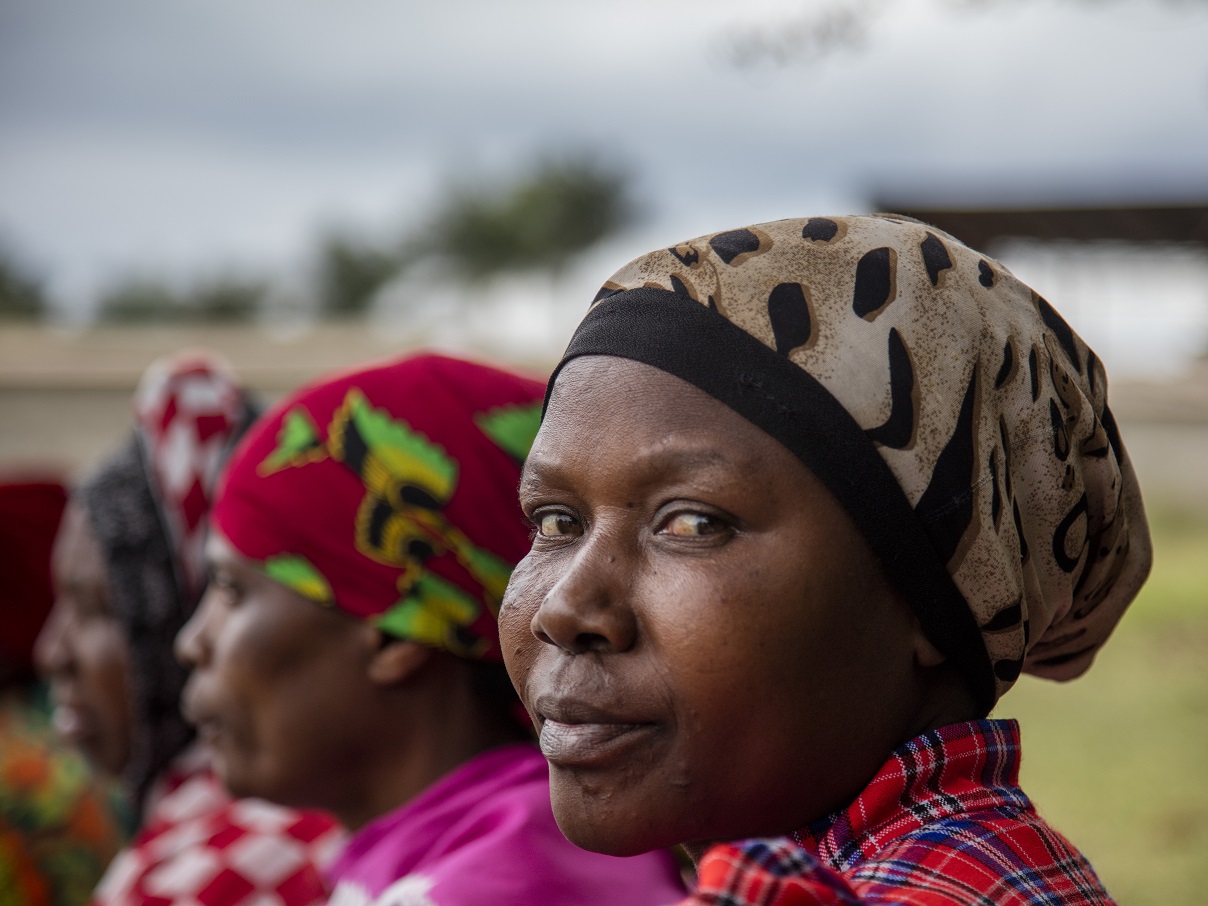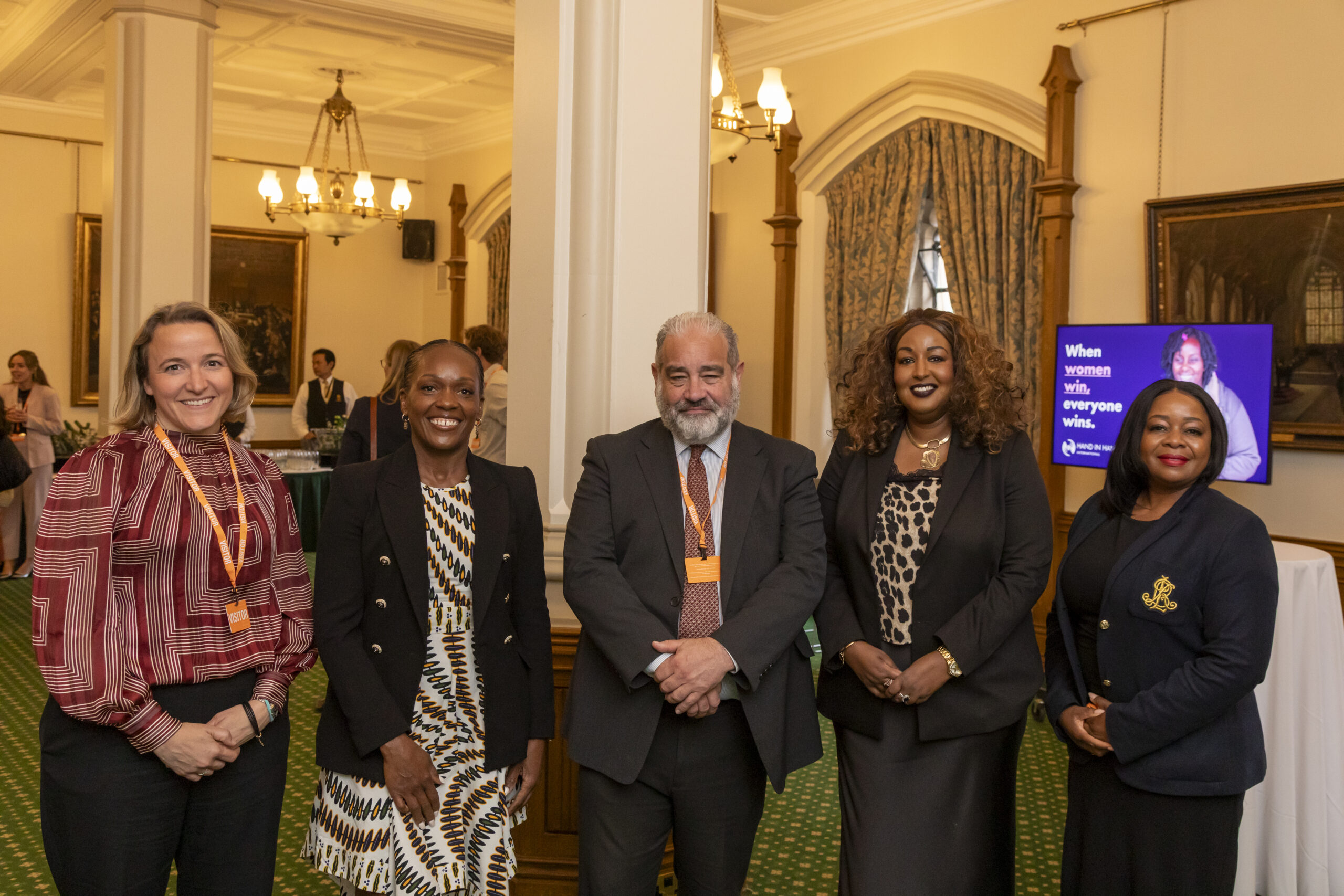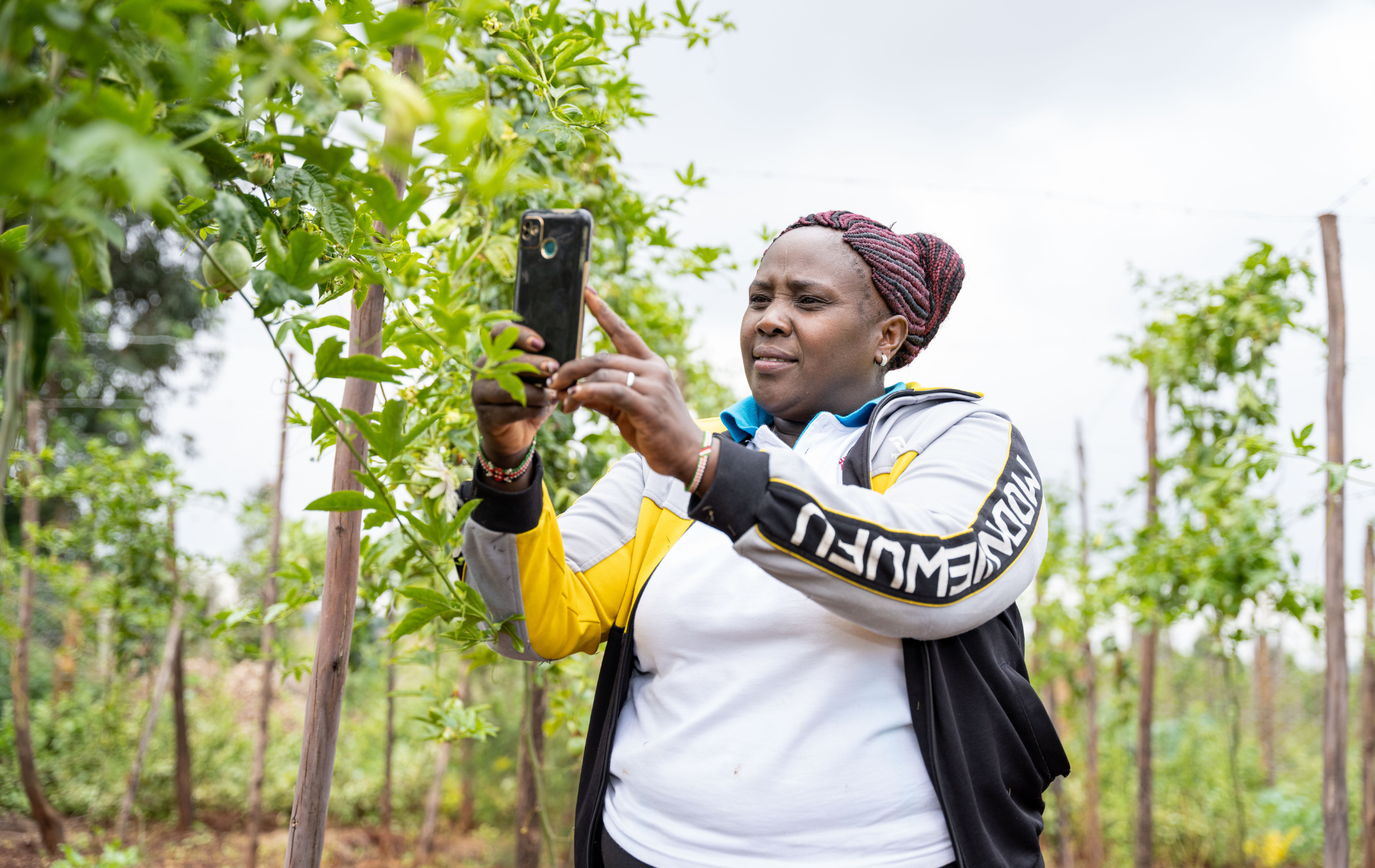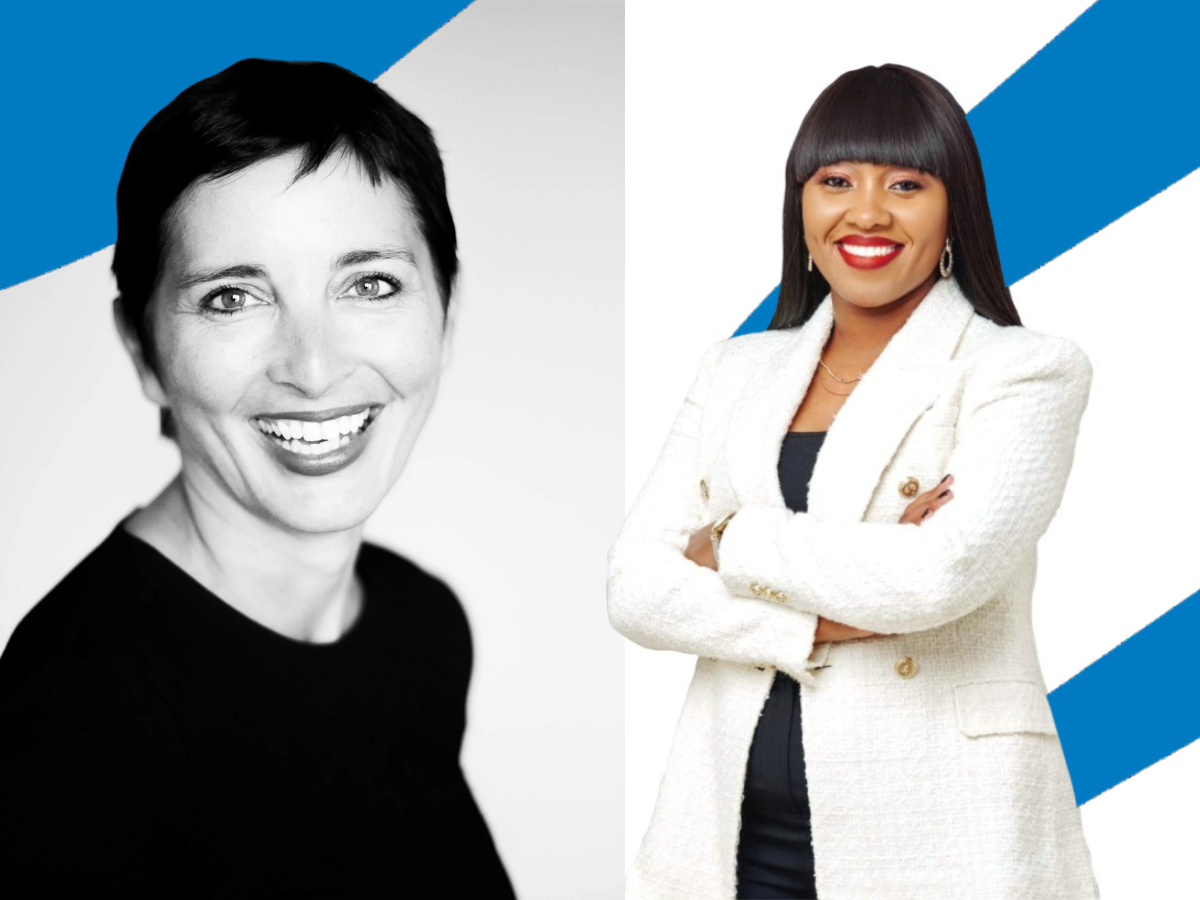Stories & blogs - Post

08
MarA new joint-project between Hand in Hand, Cartier Philanthropy and the International Center for Research on Women (ICRW) is boosting women’s economic empowerment in Tanzania by involving a group that – on this subject, anyway – almost always goes overlooked: men.
Launched this month, the programme aims to train 600 women to create and manage their own enterprises while changing attitudes that stop them from earning an income in the first place. When the project concludes in 2022, the lessons we learn will feed into a ‘male engagement toolkit’ being developed by ICRW, Cartier Philanthropy and other partners and shared sector-wide. Not only will Hand in Hand’s members benefit, but a potential 10.5 million Self-Help Group members worldwide.
The challenge
Any expert worth their salt will tell you – almost reflexively, at this point – that women are crucial to development. “When you invest in a woman’s empowerment it has a ripple effect, helping families, communities, and countries achieve long-lasting benefits,” says the Bill and Melinda Gates Foundation. Only recently, however, has the sector embraced the idea that in order for women’s economic empowerment to reach its full potential, men will need to buy in.
[button]Cartier Philanthropy Report: ‘It only works when everyone plays’[/button]
Tanzania is a perfect case in point. Although women here comprise 52 percent of farmers, they are less than half as likely as men to get paid, according to DFID-funded research group K4D. In fact, says a K4D report, most husbands prefer their wives to do unpaid domestic work than to earn an income outside the home. One result is that few women have bank accounts, collateral or social networks – prerequisites for starting a business.
Poverty in Tanzania is complex and multifactorial. But if women’s fortunes in this country of 57 million are to fully transform, so too must the attitudes that restrict them. So too, in other words, must the attitudes of men.
The project
Hand in Hand’s joint-project with Cartier Philanthropy and ICRW is designed both to help kickstart and learn more about that transformation. By the time the project is complete, 300 women will receive our usual livelihoods training, along with specialised training in women’s economic empowerment. Think lessons about earning and spending their own money.
We’ll also recruit 300 men – those same women’s husbands, fathers and brothers – to undergo livelihoods training of their own. Just like their female counterparts, men will also receive gender-specific training developed in partnership with ICRW. But here, the focus will be squarely on shifting their perceptions about women’s role in income generation – and their own in domestic labour. At the same time, we’ll reach out to the community more broadly, working with grassroots groups and others to shift norms around men’s and women’s roles. And to bolster the reliability of our results, we’ll recruit a comparison group of 300 women who receive livelihoods training only.
Among women, we aim to see a 20 percent increase in net household income, along with marked increases in decision-making and mobility. Among men, we aim to see a tangible change in perceptions and behaviours, including support for women’s enterprises and more time spent on domestic labour.




